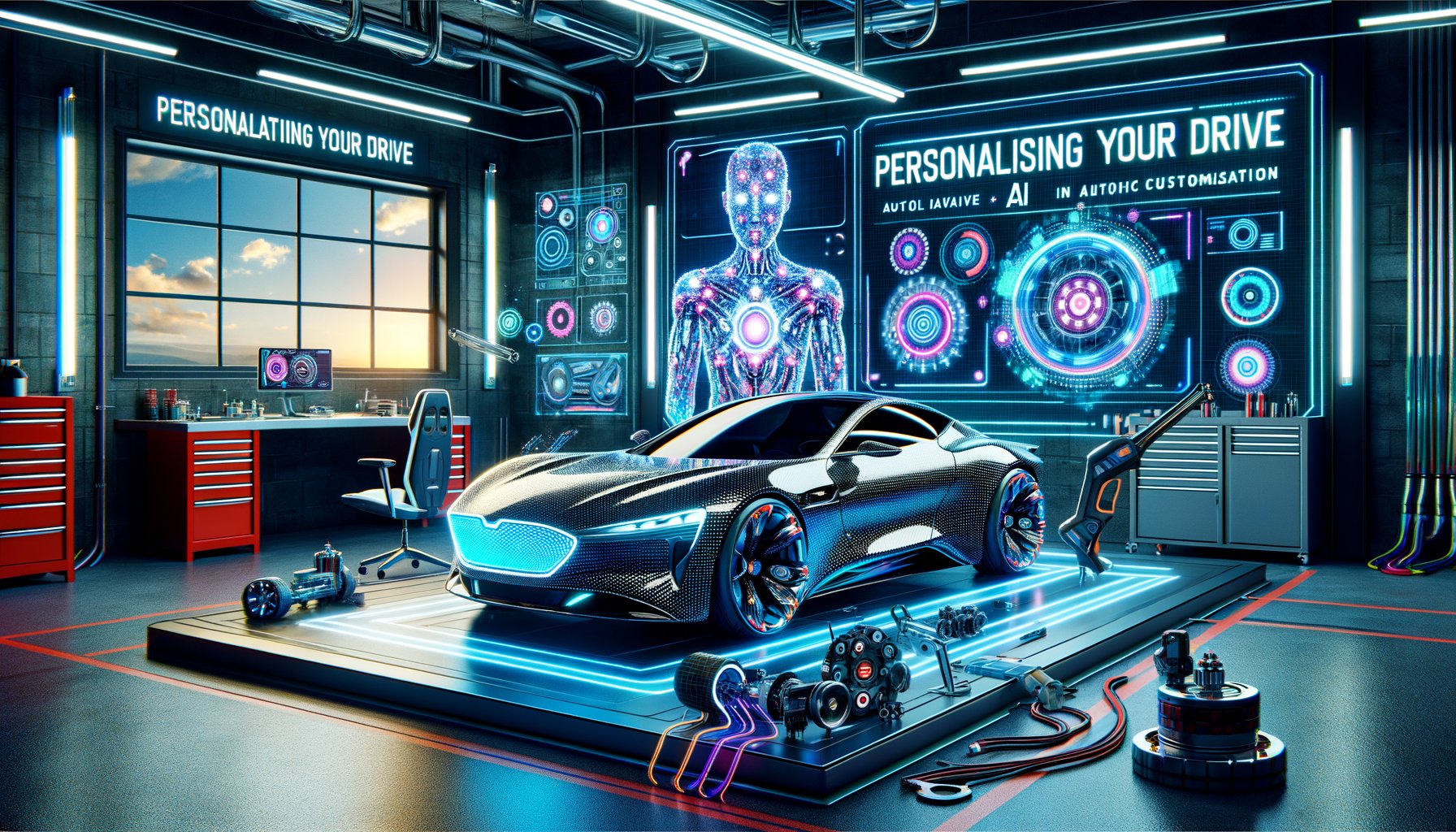Physical Address
304 North Cardinal St.
Dorchester Center, MA 02124
Physical Address
304 North Cardinal St.
Dorchester Center, MA 02124

Artificial Intelligence (AI) is no longer the stuff of science fiction. It’s here, and it’s transforming everything from how we communicate to how we travel. One area where AI’s impact is particularly profound is in the realm of car customisation. From self-driving capabilities to predictive maintenance, AI is redefining what it means to personalise your drive.
The automotive industry has always been at the forefront of technological innovation, and the rise of AI is no exception. In recent years, automakers have begun integrating AI into their vehicles at an unprecedented rate. According to a report by MarketsandMarkets, the global market for AI in cars is expected to grow from $21.8 billion in 2019 to $83 billion by 2027.
This rapid growth can be attributed to several factors. First, there’s the increasing consumer demand for safer, more efficient vehicles. Secondly, advancements in machine learning and data analytics have made it possible for cars to learn from their drivers’ habits and adapt accordingly.
One of the most exciting applications of AI in cars is customisation. With traditional customisation, drivers could only modify their vehicles’ physical attributes – things like paint colour or interior design. But with AI, drivers can now personalise their driving experience on a much deeper level.
For example, some new models are equipped with advanced driver-assistance systems (ADAS) that use machine learning algorithms to learn a driver’s preferences and driving style over time. These systems can then automatically adjust various settings – like seat position or temperature control – based on what they’ve learned about the driver.
AI is also revolutionising in-car infotainment systems. These systems, which provide entertainment and information content to drivers and passengers, are becoming smarter and more personalised thanks to AI.
Many modern cars come with voice-activated AI assistants that can perform a wide range of tasks, from playing your favourite music to finding the nearest petrol station. These assistants use natural language processing (NLP) – a branch of AI that enables computers to understand human speech – to respond intelligently to voice commands.
Another area where AI is making a significant impact is predictive maintenance. By analysing data from various sensors in the car, AI algorithms can predict when certain parts will need repair or replacement. This not only saves drivers time and money but also enhances safety by preventing breakdowns before they happen.
The potential for AI in car customisation is vast. With further advancements in technology, we could see cars that are even more personalised and responsive to their drivers’ needs.
Imagine a car that knows your schedule and automatically adjusts its route based on traffic conditions. Or a car that can detect when you’re tired and take over driving for you. These aren’t just fanciful ideas; they’re real possibilities with AI.
In conclusion, the integration of artificial intelligence into our vehicles promises an exciting future for automotive customisation. As technology continues to evolve, so too will our driving experiences. The road ahead is certainly one filled with innovation and excitement.